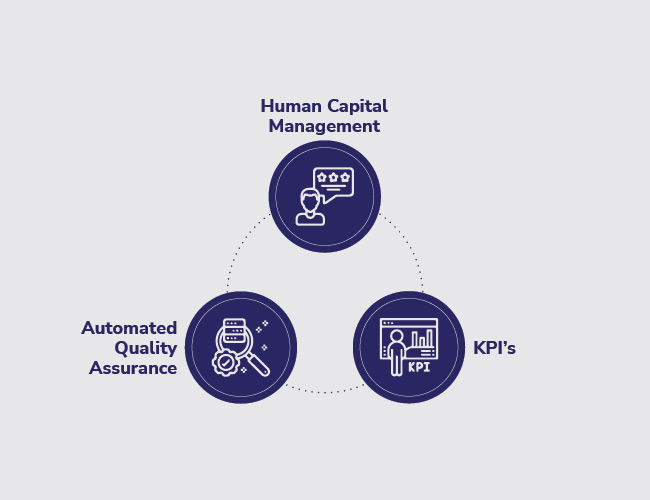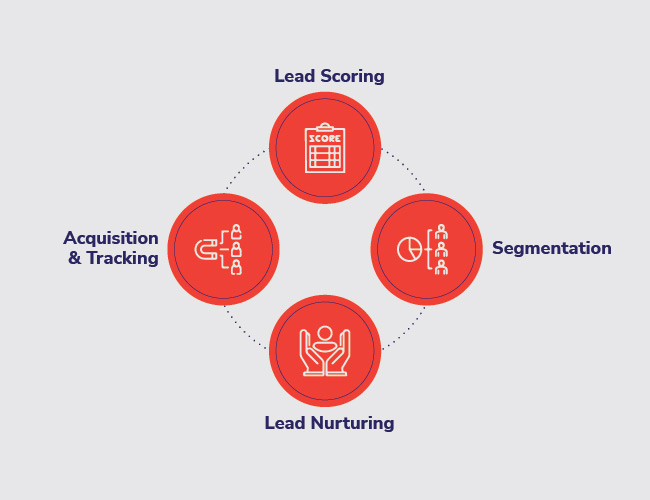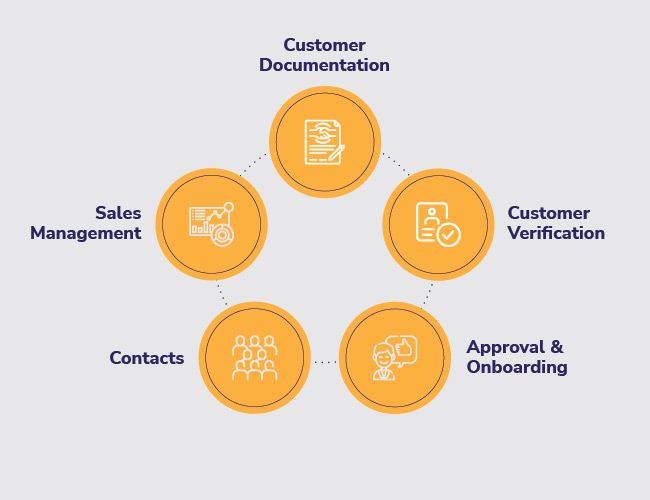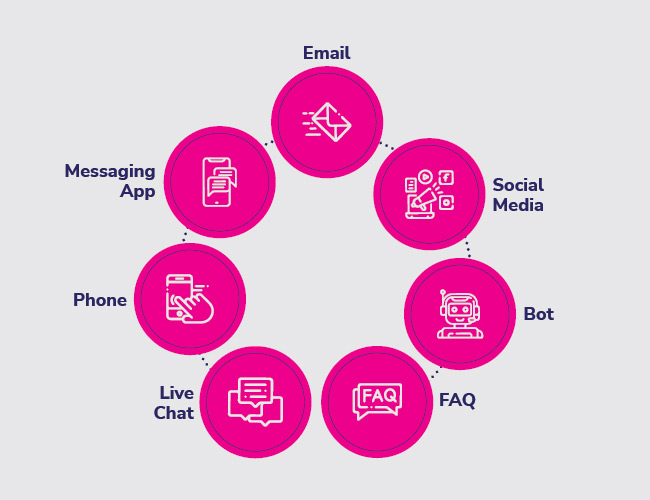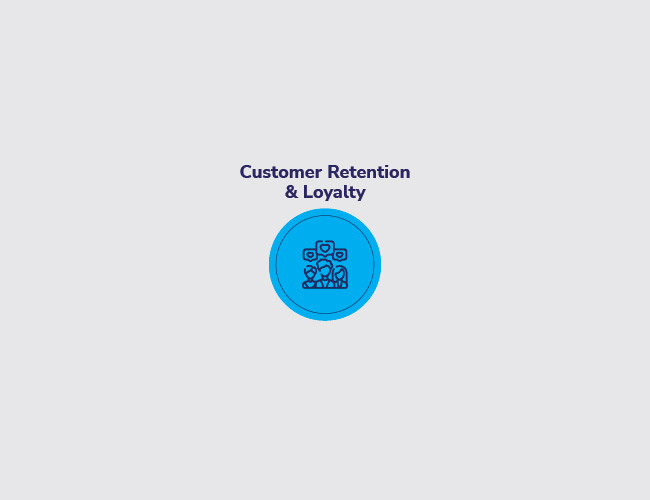
TALENT MANAGEMENT TO DELIVER VALUE, CONSISTENTLY
If organizations don’t attract, motivate, inspire, manage, develop and reward their people appropriately, they may lose their most valuable assets. In today’s world, reinventing human capital and managing it well can transform your business. People are an increasingly valuable source for organizations who wish to make a true mark in this highly competitive business world.
Talent Management is an organization’s commitment and effort to recruit, retain and develop employees from the job market who can add a strong value proposition to a company. It has become a business strategy that organizations utilize to retain their topmost talent and skilled employees. Getting talent management right ensures that an organization can worry less about its talent problems and more about exploring new business opportunities.
In this competitive digital age, success lies in new ways of thinking to retain and encourage talent so that they can contribute to their best potential. It is crucial to upskill an organization’s talent with innovative and modern approaches. According to a PWC report, 81% of CEOs say that their business is constantly seeking to equip employees with new skills through continuous learning and mobility programmes.
According to a survey conducted on 843 HR leaders by Gartner in 2019, there are three key initiatives that clearly emerged as priorities in organizations.
- For 85% of heads of learning and development, building critical skills and competencies is a must.
- For 78% of talent management leaders, building the leadership bench is a future goal.
- More than half of all HR leaders agree that bringing a transforming in employee experience is a priority.
Here are some reasons why companies should invest in talent management to deliver value consistently.
1. Developing Connector Managers:
Ineffective managers are one of the biggest problems in the workplace today. It is found that most of the employees leave an organization when they see that their managers are not effectively training or developing them. That’s why Connected Managers try to improve employee performance by establishing meaningful connections between employees and the organization in order to hone an employee’s specific capabilities. Connected Managers ensure to increase employee engagement by up to 40 percent, according to a Gartner finding.
2. Demand-driven succession management:
Most of the organizations face the problem of developing effective leaders. They mention that their succession management processes fail to yield the right leaders at the right time. By adopting the method of demand-driven planning, HR leaders can assess leadership needs that will help an organization not just fill future vacancies in current roles but also to achieve strategic goals.
3. Employee experience:
Today, employees want a seamless work experience where their personal and professional needs will be valued by an organization. They want to work in an organization that will understand their problems and provides efficient solutions for that. Thus, to start delivering on this requires a change in focus for HR from just assuming what employees want to listen and understand what they need, determining what they really value. According to a Gartner study, supporting what employees value boost employee performance by almost 20 percent.
Enhance your HR Management Services for accelerated growth and gain a competitive advantage with 3i Infotech’s advanced human resource management solutions. Visit our website to know more.




 Harish Shenoy
Harish Shenoy CA Uttam Prakash Agarwal
CA Uttam Prakash Agarwal Mr. Umesh Mehta
Mr. Umesh Mehta Uttam Jhunjhunwala
Uttam Jhunjhunwala
 Ranjit Balakrishnan
Ranjit Balakrishnan Emmanuel N
Emmanuel N Ramu Bodathulla
Ramu Bodathulla

 Rangapriya Goutham
Rangapriya Goutham Kiran Chittar
Kiran Chittar Sushant Purushan
Sushant Purushan
 Nilesh Gupta
Nilesh Gupta Mohan TS
Mohan TS Sanjay Rawa
Sanjay Rawa Dr. Aruna Sharma
Dr. Aruna Sharma Mr.Avtar Singh Monga
Mr.Avtar Singh Monga Mr. Thompson P. Gnanam
Mr. Thompson P. Gnanam Ms. Zohra Chatterji
Ms. Zohra Chatterji Dr. Kalyan Krishnamoorthy
Dr. Kalyan Krishnamoorthy







 Mr. Pravir Vohra
Mr. Pravir Vohra Viraf Sirvala
Viraf Sirvala

 Amrita Gangotra
Amrita Gangotra